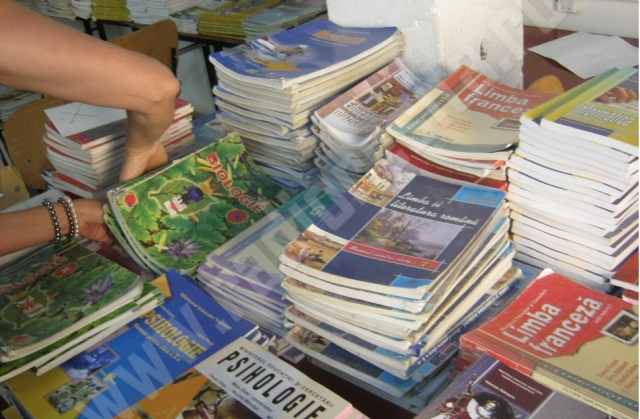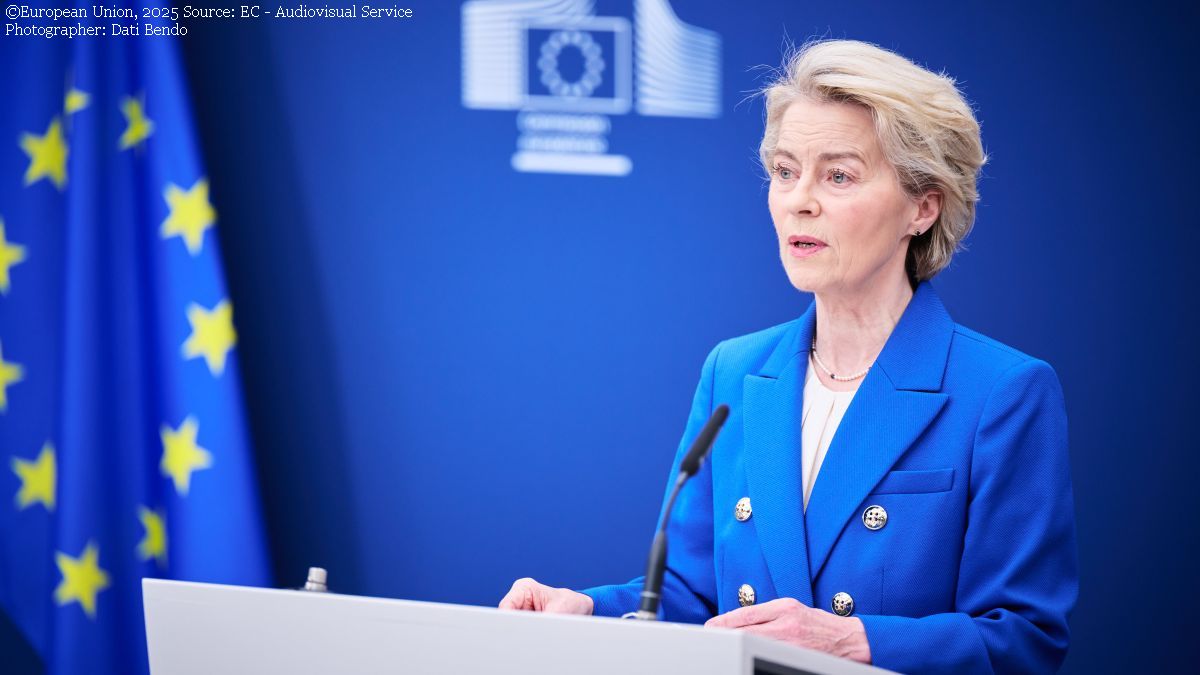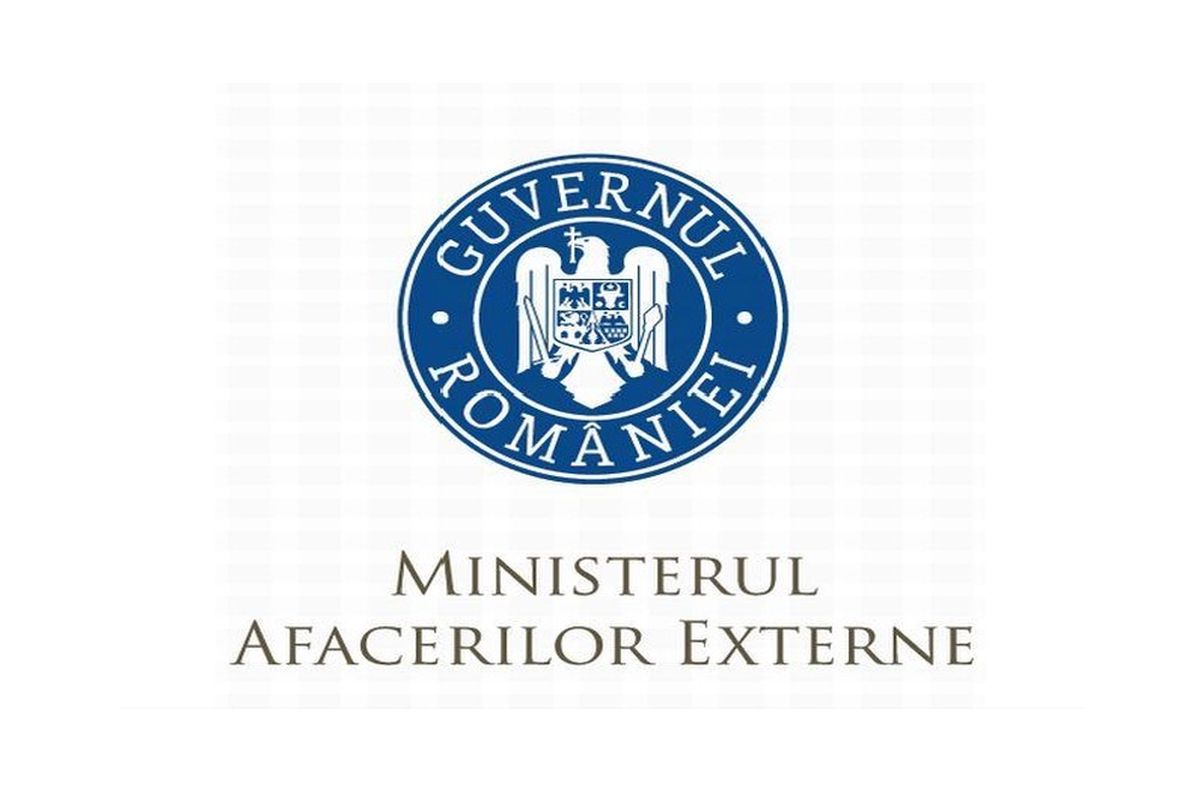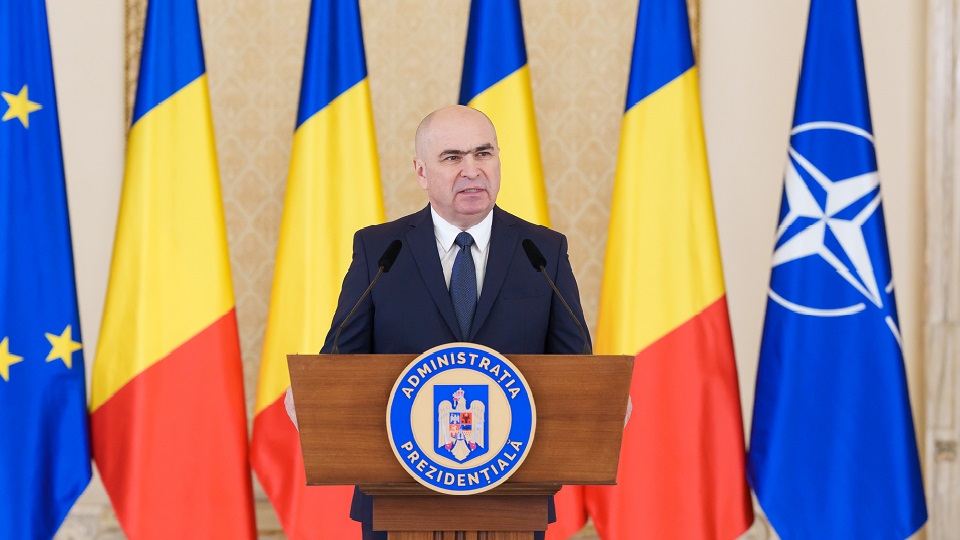Education Minister announces new middle school curriculum
A priority for the Education Ministry is to assess the state of education in Romania

Daniela Budu, 15.03.2017, 13:39
The Romanian Education Minister Pavel Nastase has announced the new curriculum for the middle school, which lays more emphasis on acquiring new skills and less on accumulating knowledge. Minister Nastase has explained that representatives of the Romanian Academy were part of the team that drawn up the new curriculum, which was also green lighted by the teachers themselves, as it is the latter that have to teach the respective subject matters.
Pavel Nastase: “I had two meetings with Romanian Academy representatives and the final approval was given by the beneficiaries of this new curriculum, that is the people who teach these subjects. We invited two teachers from Bucharest and one from a rural area to present the opinions of the people who will actually teach using these textbooks. The curriculum for the 5th grade, for the entire middle school for that matter, is better than the old one.
Minister Nastase has also said that a project of revising school curriculum for all grades was initiated, which should be ready in one year at the most. He also pointed out that the issue of textbooks is one of his priorities.
Pavel Nastase: “The textbooks in use include too much information and are not in line with school curricula. This is because the people in charge with organizing the procurement of textbooks from various publishing houses do not check thoroughly whether the textbooks are drawn up in keeping with the curricula. So we have changed the methodology and asked that the assessment committees should be only made up of senior teachers. Well have a training session ahead of the assessment process and I hope that starting this year well have better textbooks.
The Education Minister has also said that the current education law has 365 articles, of which over 150 have been modified since 2011.
Pavel Nastase: “We are considering not only a new education law, but also an analysis in order to diagnose the problems in the public education system as a whole. Working on this analysis, which we refer to as ‘the state of education, we should be able to set our priorities straight and draw up public policies in the field of education. Later we will decide if we need a new education law or any other regulations in the field.
Pavel Nastase has also mentioned a project of the Romanian presidency and one proposed by the Romanian Academy, which include several new elements that the Education Ministry intends to consider.






























